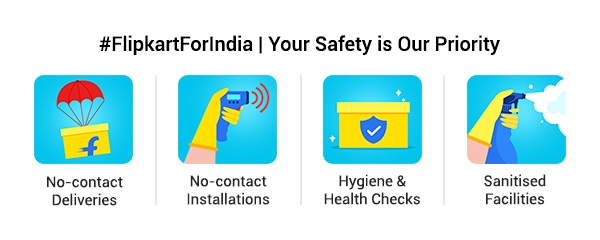Oral and Maxillofacial Viral Infections
Herpes simplex virus-1
· Herpes simplex virus-1 is one of the most widespread viral pathogens in the human population (Whitley & Roizman, 2001).
- · Mode Of Infection
This virus is responsible for the presentation of mucocutaneous infection of the mouth and surrounding facial tissues, commonly referred to as cold sores. While the typical presentation of HSV-1 is relatively mild, in some patients the virus can elicit serious symptoms that can become life-threatening.
HSV-1 infects the body through contact with mucosal tissue or skin and ultimately infects sensory neurons beneath the epithelium. Initial infection is often asymptomatic, with characteristic red skin lesions occurring from the immune response following reactivation of the virus.
Symptoms of Simplex Herpes Virus -1
Herpes simplex virus-1 infections are not currently curable. The virus can lay dormant in the sensory neurons for long periods, with recurrence following stress, illness, or impairment in immune function (Ayodae, 2017; MedlinePlus, 2017). Recurrent herpes in the oral region typically presents as small, red, fluid-filled blisters that accumulate on the border of the skin and lips.
Other oral symptoms include gingivitis and swelling of the gums. The herpes blisters form scabs and usually heal one to two weeks following the outbreak. However, the severity of the blisters and the time it takes for them to heal is prolonged in individuals with impaired immune systems.
Treatment of Herpes Simplex Virus-1
The topical application of antiviral drugs like acyclovir can hasten the resolution of blisters caused by HSV-1. While HSV-1 is not usually dangerous in healthy people, in individuals with compromised immune systems HSV-1 infections can become fatal.
Treatment in these cases can include intravenous administration of high-dose acyclovir, cidofovir, or foscarnet. Due to the kidney damage that results from these treatments, patients can be intermittently dosed with these drugs, or go without treatment (Ayodae, 2017).





















Comments
Post a Comment